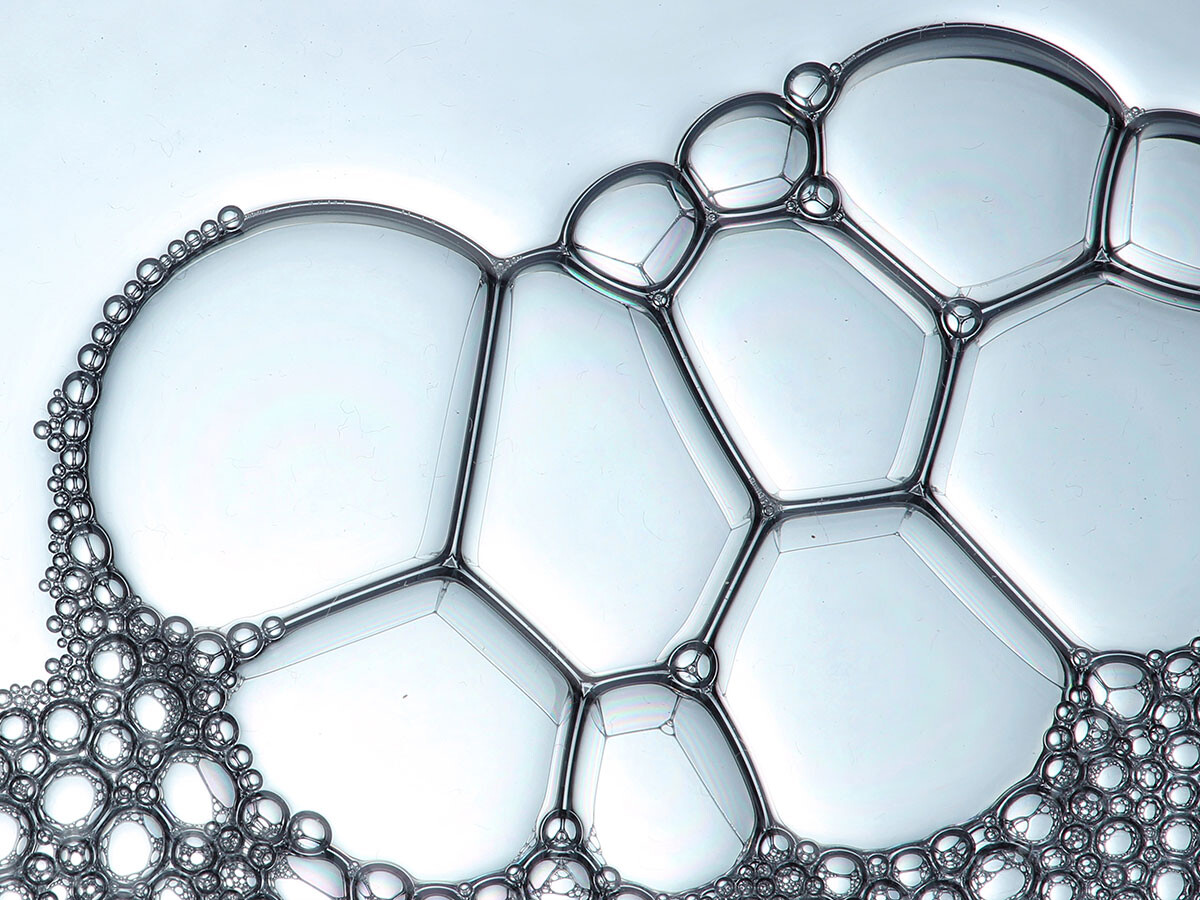The Importance of Defoamers in Industrial Processes and Applications
The Importance of Defoamers in Industrial Processes and Applications
Blog Article
Discover the Top Benefits of Utilizing Defoamers in Industrial Processes
The application of defoamers in commercial processes presents a variety of compelling advantages that can boost functional efficiency and product high quality. By successfully regulating foam manufacturing, these agents not only optimize material flow but likewise contribute to considerable expense decreases and improved sustainability. The ramifications of embracing defoamers might be extra extensive than originally regarded.
Boosted Refine Performance
Enhancing commercial procedures usually entails addressing frothing concerns, which can prevent functional performance. Foam formation can interfere with the proper functioning of equipment, lower the reliable application of sources, and make complex the surveillance of crucial parameters. By implementing defoamers, sectors can properly alleviate these problems, resulting in streamlined procedures and improved productivity.
Defoamers job by destabilizing the foam framework, enabling for rapid collapse and significant decrease in foam volume. This action not just enhances the circulation of products with equipment, such as mixers, pipelines, and activators, but also decreases disruptions triggered by foam overflow. Equipment downtime is minimized, permitting for a much more efficient and constant production process.
In addition, making use of defoamers can bring about minimized power usage. With much less foam to handle, compressors and pumps can run much more successfully, resulting in reduced functional expenses and a total improvement in procedure throughput. Inevitably, the tactical use defoamers not only addresses instant frothing challenges however additionally contributes to a much more reliable industrial environment, cultivating a competitive benefit in a requiring market.
Improved Product Quality
The combination of defoamers in commercial processes plays a crucial function in improving item quality. By efficiently regulating foam development, defoamers contribute to the consistency and uniformity of final items. Too much foam can lead to aeration, which negatively affects the structure and security of formulas, specifically in sectors such as food and drinks, layers, and drugs.

In addition, defoamers assist in far better mixing and diffusion of components, leading to homogeneity in formulas. This is vital in applications where precise active ingredient proportions are vital for efficiency and security. Additionally, the elimination of foam can reduce the danger of contamination during manufacturing, further safeguarding item integrity.
Inevitably, by improving item quality, defoamers not only boost consumer contentment however additionally enhance brand online reputation. Their role in preserving top quality requirements emphasizes their significance in modern-day industrial processes.
Cost Decrease Benefits
Carrying out defoamers in commercial processes can result in substantial price reduction benefits. By successfully regulating foam formation, defoamers lessen item loss throughout manufacturing, thus enhancing product use. This reduction in waste translates directly into reduced resources prices, enhancing overall operational effectiveness.
In addition, making use of defoamers can decrease energy consumption. Excessive foam can impede devices efficiency, bring about raised power see page requirements to maintain production levels. By minimizing foam, defoamers help with smoother operations, allowing machinery to run much more effectively and decreasing energy expenditures.

Furthermore, defoamers can shorten handling times. By using defoamers, industries can simplify their procedures, leading to faster turnaround times and boosted throughput.

Environmental Impact Reduction
In commercial procedures, making use of defoamers plays an important duty in mitigating ecological impacts connected with foam generation. Foam can result in significant functional inefficiencies, leading to boosted exhausts and waste generation. By effectively controlling foam, defoamers assist preserve procedure performance, therefore reducing the overall ecological impact of procedures.
Moreover, excessive foam can overflow containment systems, resulting in spills that may pollute soil and water resources. Defoamers help reduce this danger by making sure that frothing does not go beyond suggested limitations, advertising compliance with environmental policies. This proactive method not only safeguards communities but additionally enhances the sustainability of commercial techniques.
Furthermore, using defoamers can reduce energy consumption in various procedures. defoamers. Minimizing foam you could try here formation decreases the need for additional energy-intensive actions, such as raised frustration or pumping, which may otherwise be essential to take care of foam. The adoption of defoamers straightens with wider sustainability goals by advertising energy efficiency while decreasing the carbon footprint of industrial tasks.
Eventually, integrating defoamers right into industrial procedures is a tactical measure that sustains environmental stewardship and liable resource management.
Flexibility Throughout Industries
Across numerous markets, defoamers show amazing versatility, adjusting to the specific requirements of diverse applications. In the food and drink sector, for example, defoamers are important to maintaining item quality by protecting against foam formation throughout processing, which can impact appearance and flavor. Similarly, in the pharmaceutical industry, defoamers guarantee the stability of formulas, enhancing product efficiency and consistency.
In the chemical manufacturing realm, defoamers assist in smoother procedures by reducing foam in response vessels, hence improving yield and minimizing downtime. The paper and pulp sector relies on defoamers to boost the effectiveness of pulp handling and paper manufacturing, making sure optimal product stability. In addition, in wastewater therapy facilities, defoamers play an important role in regulating foam throughout aeration procedures, bring about improved therapy end results.
The adaptability of click for source defoamers includes the oil and gas market, where they aid in managing foam in boring fluids and production processes. By tailoring formulas to satisfy certain sector demands, defoamers serve as crucial devices that boost functional performance, item top quality, and total procedure efficiency across a wide range of industries. Their adaptability underscores their value in modern commercial applications.
Verdict
Finally, the utilization of defoamers in commercial processes presents countless benefits, including enhanced performance, enhanced product top quality, considerable cost decreases, and positive ecological effects. Their ability to effectively regulate foam development adds to operational connection and resource optimization. Furthermore, the convenience of defoamers across varied markets emphasizes their important role in advertising sustainable techniques and productivity. The integration of defoamers represents a critical technique to attending to challenges related to foam monitoring in different making environments.
Ultimately, the calculated usage of defoamers not just addresses immediate foaming difficulties however additionally adds to an extra reliable commercial ecosystem, fostering a competitive advantage in a demanding market.
In commercial procedures, the usage of defoamers plays a crucial role in mitigating environmental impacts connected with foam generation. By efficiently managing foam, defoamers assist preserve process effectiveness, consequently minimizing the general ecological footprint of operations.
Furthermore, in wastewater treatment facilities, defoamers play an important role in controlling foam during aeration processes, leading to enhanced treatment results.

Report this page